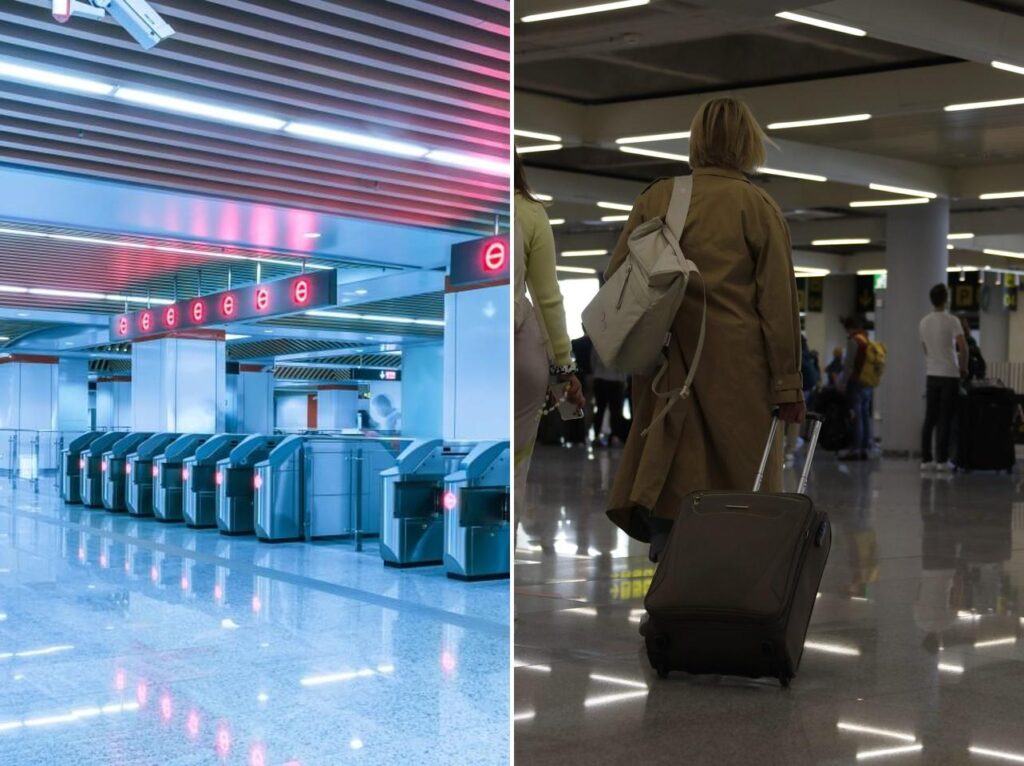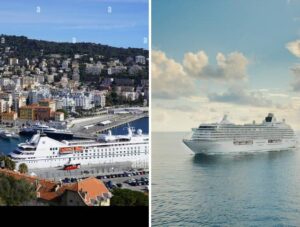Navigating 2025: New Travel Regulations and Their Impact on Global Travelers

As 2025 approaches, significant changes in travel regulations are set to reshape the way global travelers plan their journeys. These updates will have far-reaching implications, particularly for the cruise industry, as they influence border navigation, travel costs, and itinerary planning. Key developments include the European Union’s new Entry/Exit System (EES), the European Travel Information and Authorisation System (ETIAS), increased air passenger duties, and rising tourist taxes in popular European destinations.
Transformative Entry Systems
The EU’s Entry/Exit System (EES) is poised to revolutionize the entry process for cruise passengers entering the Schengen area. This automated IT system will replace traditional passport stamping with biometric registration, including fingerprints and photographs, upon first entry. Travelers, including those from the UK, will need to comply with these requirements over a three-year period to ensure streamlined entry and exit processes. Cruise operators will need to adjust their boarding logistics, especially for itineraries involving Schengen countries such as Spain, Italy, and Greece.
ETIAS and Its Implications
The European Travel Information and Authorisation System (ETIAS) will further impact travelers by requiring electronic authorization for visa-exempt nationals entering 30 European nations. Priced at €7 (£5.80) and valid for three years, ETIAS aims to simplify border checks but adds an administrative step for cruise passengers. Cruise lines operating in Europe may need to educate passengers about these new requirements to prevent delays or denied entry.
Rising Costs and Tax Changes
Tourist taxes across Europe are set to rise, affecting cruise passengers who extend their stays in port cities. Greece, Portugal’s Azores, and France are among the countries increasing daily taxes in 2025. In Greece, visitors during peak seasons will pay up to €8 (£6.63) daily, while high-end accommodations in Paris will see nightly taxes rise to €11.38 (£9.42) for five-star hotels. Additionally, changes to Golden Visa programs in Greece and Spain will impact cruise passengers seeking extended stays or residency through investment.
Airport Security and Passenger Duties
Changes in airport security and passenger duties will also affect cruise connectivity. UK liquid restrictions remain unchanged, requiring passengers to limit liquids in hand luggage to 100ml containers. However, the TSA’s One-Stop Security program aims to eliminate redundant screenings for U.S.-bound travelers, reducing missed connections and enhancing the passenger experience. Air Passenger Duty (APD) increases in April 2025 will raise flight costs for travelers heading to cruise embarkation points, potentially shifting demand toward regional cruises.
For the cruise industry, these changes present both challenges and opportunities. Streamlined entry systems like ETIAS and EES promise faster border crossings but require additional passenger compliance. Rising costs from taxes and duties may alter demand, while infrastructure upgrades improve passenger experiences and enhance connectivity to cruise hubs. Adapting to these shifts will be crucial for cruise operators and travelers alike, ensuring seamless and enjoyable travel experiences in the evolving landscape of 2025.









